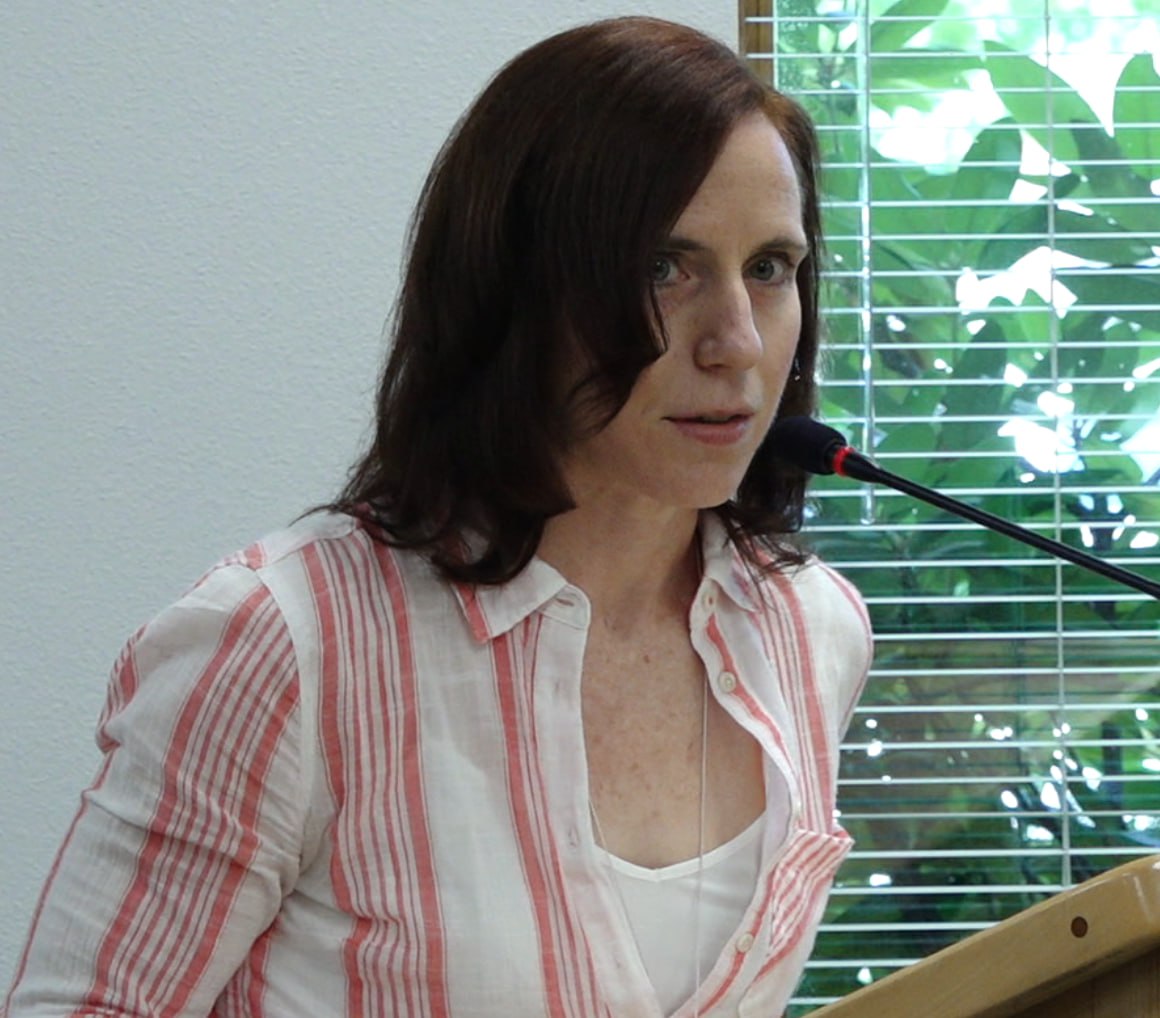Hayden Residents are getting a chance to discuss topics of concern during this fall’s election cycle for mayor and city council seats. Growth and urban renewal districts were issues which rose to the top in a recent Sunday gathering to meet two of the candidates.
Community members expressed concern about increases in high density housing in Hayden. Residents highlighted some of the problems they attribute to high density housing, which include traffic congestion, strains on public services, increased crime, and a change to small town lifestyle.
“Growth is cyclical, but we can responsibly manage it,” asserted Luke Sommer, candidate for Mayor of Hayden.
Sommer spoke with confidence about his plans to slow growth and take a more balanced approach to new residential builds. One gentleman asked Sommer if the city’s comprehensive plan could be looked into as nearly all zone changes that developers asked for were granted based on the comprehensive plan. The plan listed on the city’s website under Imagine Hayden Comprehensive Plan 2040, has been a bone of contention within the community. Many see the goals and policies implemented within the plan as a way to fundamentally change their small town lifestyle. “The comprehensive plan is used for direction, it can always be reviewed and revised,” responded Sommer.
Sommer hopes to improve the current model of rezoning, which is the crux of the issue surrounding higher density growth. In a recent Hayden City council meeting, the board approved a zone change that increased density a whopping 300%. There was no discussion of the option to grant the property owner a variance, which would have increased density by only 50% – the comprehensive plan was used as the metric by which to grant the rezoning. Councilwoman Sandy White was the only “nay” vote. The 1.49 acre lot on Reed Road now has the approval needed to split into six lots with accessory dwelling units, meaning single occupancy homes built with separate living quarters for renting opportunities, similar to a small apartment detached from the main house. “There are better ways to respect the rights of property owners with some latitude in using their land that doesn’t create so much density,” Sommer pointed out.
Tom Shafer, a candidate for Hayden City Council, fielded multiple questions concerning the Hayden Urban Renewal Agency (HURA). From who makes decisions to how it functions, the local urban renewal district did not seem to be a popular entity.
“Urban renewal districts are a tax siphoning scheme that creates a closed circle of funding” explained Shafer. He went on to ask the audience, “Do you know how much of Walmart’s $80,000 worth of taxes went to the City of Hayden?” Everyone in the room was shocked to learn that only $874 was remitted to help fund city operations.
Further discussion between Shafer and his fellow Hayden residents exposed the frustrations some have with HURA. They didn’t like hearing that the HURA board, who controls all the funding, is unelected, nor did they like the director being given an $80,000 annual salary. The Hayden Mayor appoints board members to HURA with the council’s approval. “I am not saying HURA should be ended, there is a need for constructing things such as traffic circles. However, there’s an inherent problem bringing in businesses that in turn keep money flowing to a board which is not directly accountable to the community,” Shafer stated.
More importantly, Shafer stressed that the result of HURA’s tax structure shifts the burden of funding city services to businesses and citizens outside of its boundaries. This creates a disparity between those funding services and those receiving services. For example, businesses and citizens within the urban renewal’s district boundaries receive sewer and water services from the city, while the citizens outside the boundaries pay for it because of the distorted tax structure.
Shafer remains open to pursuing whatever mechanisms are needed to bring the urban renewal district’s projects and management more in line with the desires of the community.
As part of the HURA discussion which incorporates elements of growth management, both Sommer and Shafer made statements supporting growth paying for itself. One funding avenue –impact fees– was met with much approval by those listening to the men present their ideas and solutions to the weighty and nuanced issue of responsibly managing growth. Other topics addressed included public safety, council procedures, community inclusion, and transparency in city governance.
The political campaign season is just kicking off for the November 7th election. If the recent gathering was any indication, the Hayden community will enjoy meeting, engaging, and directly vetting those seeking elected office.







